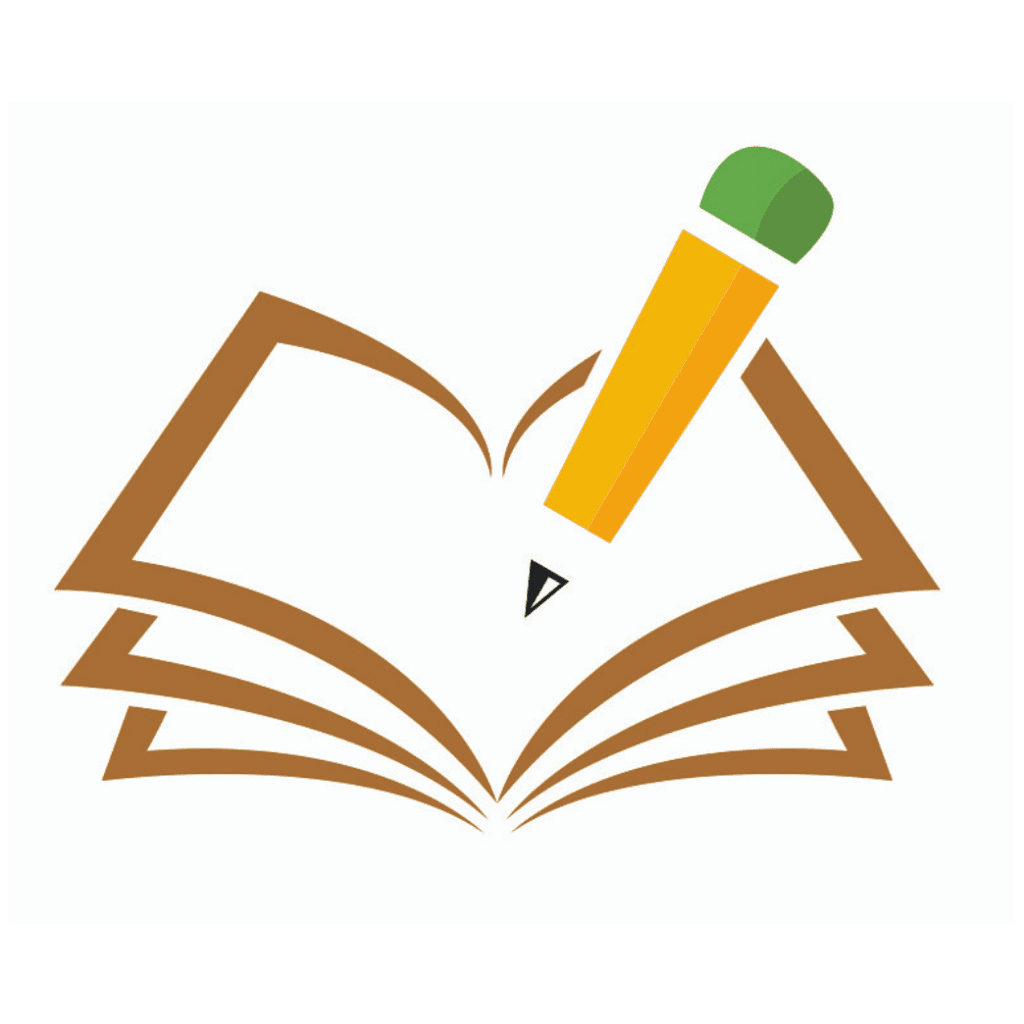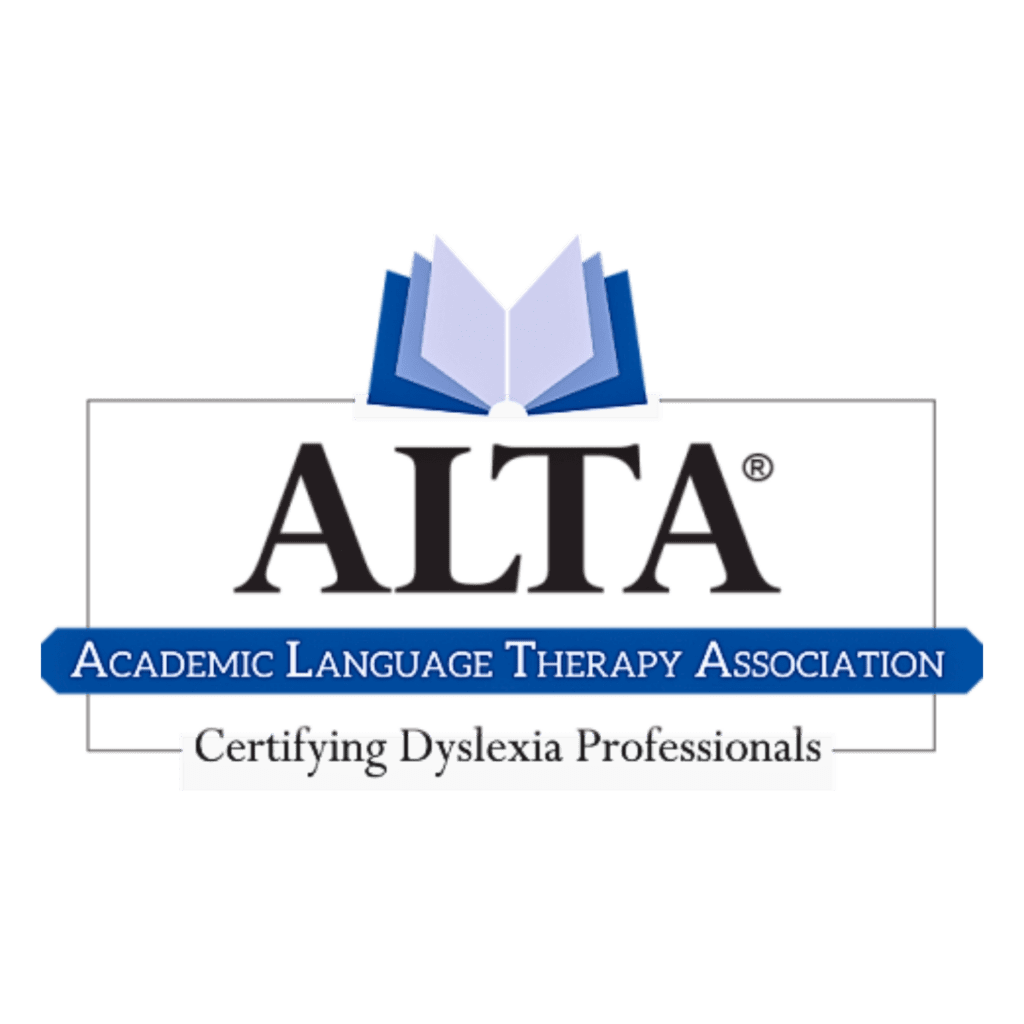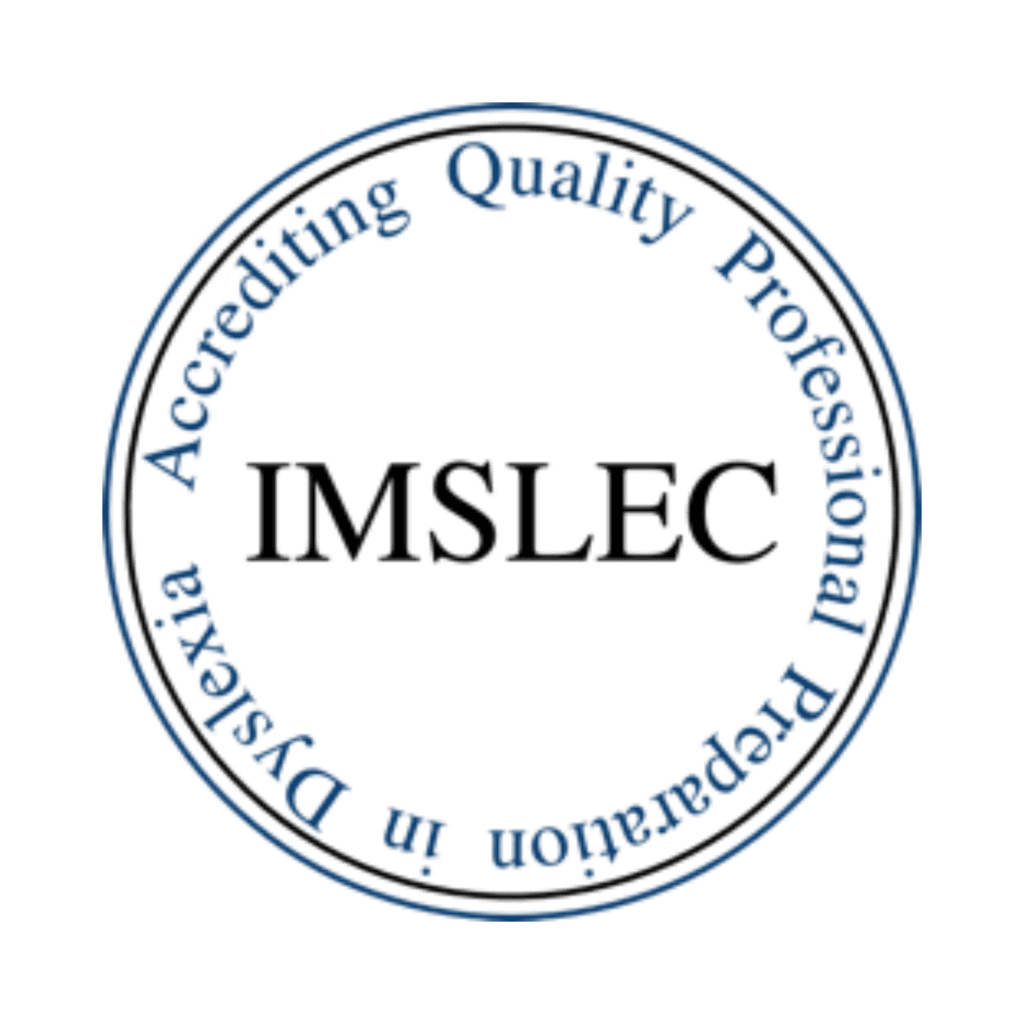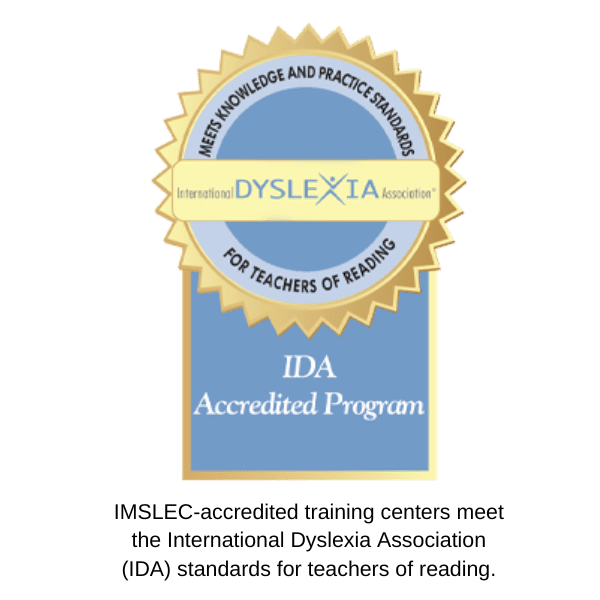A formal definition published by the American Psychiatric Association (2013) defines dyscalculia:
Developmental Dyscalculia (DD) is a specific learning disorder that is characterized by impairments in learning basic arithmetic facts, processing numerical magnitude and performing accurate and fluent calculations. These difficulties must be quantifiably below what is expected for an individual’s chronological age, and must not be caused by poor educational or daily activities or by intellectual impairments.
According to Dyslexic Advantage, 3-10% of school-aged children are identified as having dyscalculia. What is dyscalculia? Dyscalculia is usually defined as a difficulty with calculations or arithmetic skills that is not explained by low intelligence or inadequate schooling (Eide, 2019).
Some challenges of children with dyscalculia can include:
- a poor sense of number quantity
- slower speed recalling numbers
- difficulty memorizing facts
- difficulty with sequencing and the memorization of procedure

Websites on Dyscalculia
- TouchMath, Dyscalculia is a learning disability that makes it hard to learn the value of numbers and do basic math. At TouchMath, we know that with the right tools, curriculum, and instruction, anyone can learn math.
- MathsExplained, this is the website of Steve Chinn. It has a collection of online video tutorials.
- DyscalculiaServices, this is the website of Dr. Annika Schreuder, who is an expert in the U.S. She provides math resources and dyscalculia services.
- MathematicalBrain, this is the website of Brian Butterworth, who is an expert in the U.K.
- Dyscaluclia.org, this is the website of Renee Newman, a special education teacher.
Additional Websites and Resources
- AboutDyscalculia, this website is written by a dyscalculia researcher Dr. Anna Wilson.
- Multisensory Math, this approach has been expanded and enhanced by Marilyn Zecher, M.A., CALT, over the last twenty years.
- BuildmathMinds, this is the website of Christina Tondevold. She has created resources to help students with dyslexia
- Math Learning Center – A pdf titled Using the Rekenrek as a Visual Model for Strategic Reasoning in Mathematics
Books
- Mathematics for Dyslexics and Dyscalculics: A Teaching Handbook 4th Edition by Steve Chinn (Author), Richard Edmund Ashcroft (Author)
- Ronit Bird, The Dyscalculia Toolkit: Supporting Learning Difficulties in Maths Paperback January 24, 2017
- Ronit Bird, Overcoming Difficulties with Number: Supporting Dyscalculia and Students who Struggle with Maths
- Visual Math Dictionary Paperback – November 1, 2007, by Don Balka, Jack Bana, Colleen Hoover, Linda Marshall, Paul Swan
- Usborne Illustrated Elementary Math Dictionary (Illustrated Dictionaries) Paperback – January 1, 2010, by Kirsteen Rogers, Tori Large, Carrie A. Armstrong, Ruth Russell, Karen Tomlins, Sheila Ebbutt, Rhonda Bennett
